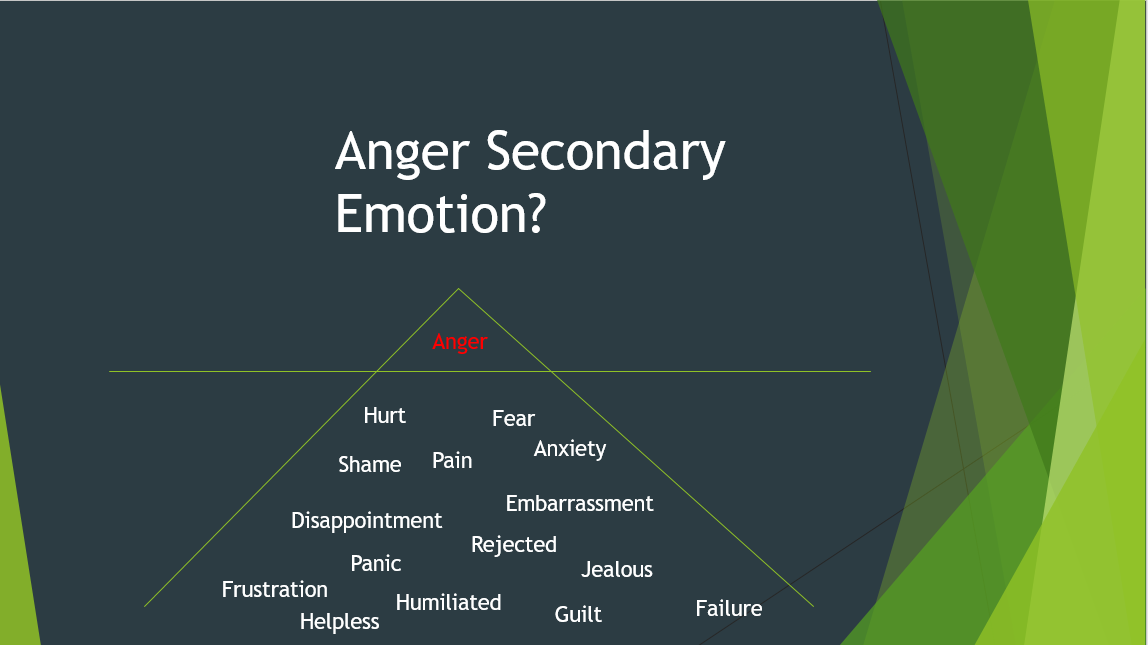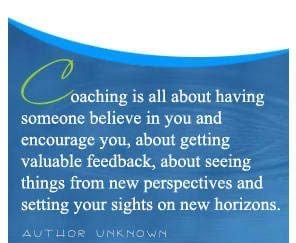May 24, 2020 in Life Coaching
Anger: The Secondary Emotion
This article focuses on Anger Management and the Iceberg Theory of Anger as a secondary emotion in relationships.
It's your turn now! Let's support each other by clicking "Helpful".
+1

DISCUSS #Relationship
DISCUSS #Parenting
Is Anger easy to identify? It seems very easy when we can match behaviors and expressions to events, such as a mother yelling at a child or a child having a tantrum over a toy. We are also able to identify anger after incidents. Perhaps, the mother remembers the anger of yelling at her child moments after the event, and she feels guilty. Once we calm down, we may search for answers that triggered the anger. We then often make statements such as, “He made me mad” or “I can’t believe I let her get me like that”! However, we do not dig deeper to identify the origin of our anger.
Consider this example of a husband and wife, Janise and Mike. Mike works at a local hardware store and Janise asked Mike to pick up some tools to redecorate the living room. Janise is extremely excited to redecorate her living room and she plans for a house party next week to show off, under the pre-tense that Mike will bring home the necessary tools to redecorate today. Janise is even more confident that Mike will be prepared this evening, because he forgot to bring the tools home yesterday.
Add to myWE:
Mike surprises his wife by getting off work early at 3pm, but he comes home with tools to fix his 80 inch TV in the man cave. Mike has a football party scheduled this weekend. Janise is now upset, yells at Mike, and then a heated argument begins. Janise yells, “Get away from me” and insults Mike by calling him a “fat pig”. Mike responds by calling Janise a “spoiled brat”. They go back and forward. In Janise’s mind, she feels that Mike is selfish. In her self-talk, she says, “I don’t ask for much”. “He knows how much this meant to me”. “If he cared, he would have got the tools to redecorate the living room, not his stupid smelly man cave.”
You see, Janise blames Mike in the moment and she totally forgets that Mike has spent each day working on other parts in the house, such as fixing the toilet and kitchen cabinets. Mike yells back at Janise and says, “I’m tired of fixing the stuff you break in this house anyway”. Janise is now infuriated. Both Mike and Janise are now extremely angry. We can see them yelling back and forward, but we are unable to see their thoughts. Think about the iceberg in the above picture. All we can see is the anger on top. Underneath the anger, are some of the primary thoughts that should be addressed. Anger is probably NOT the first thought or emotion experienced by both Mike and Janice in this example. Janice probably was disappointed, hurt, humiliated, rejected or even jealous. Those are the primary emotions, which would make Anger the secondary emotion. Mike probably felt annoyed, frustrated, failure, guilt, and anxiety. Again, those are the primary emotions, which would make Anger secondary. However, we typically focus on the expressions of anger: the yelling, arguing, verbal/physical aggression. We then try to “control” it. It is very difficult, if not impossible, to control an intense feeling. We must learn how to manage.
In order to manage anger more effectively, we must dive into our secondary emotions and develop real plans to implement when we experience secondary emotions. Let me be your professional guide to help you understand the Anger Iceberg in even deeper contexts.
Ricky Hogens, MHS, CAMS II
A Path to Greatness, LLC









 Thank you for your help!
Thank you for your help!